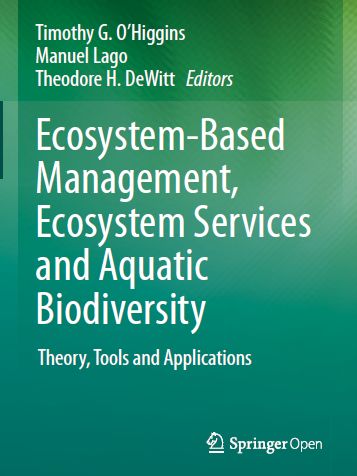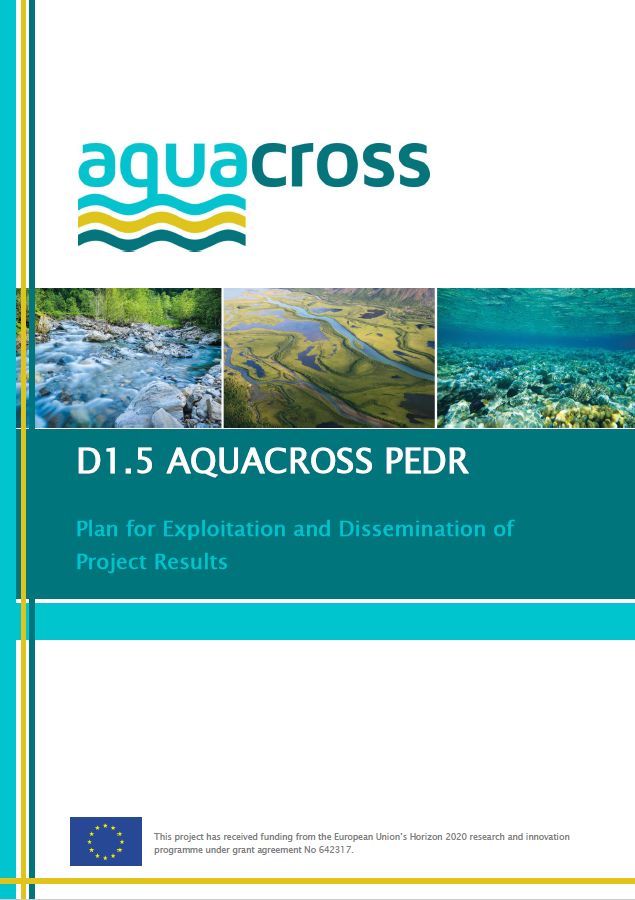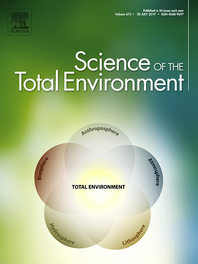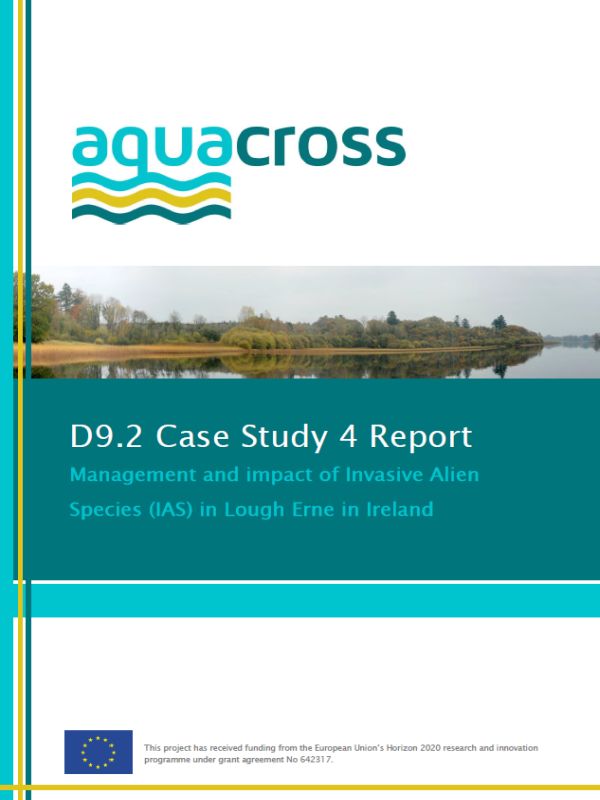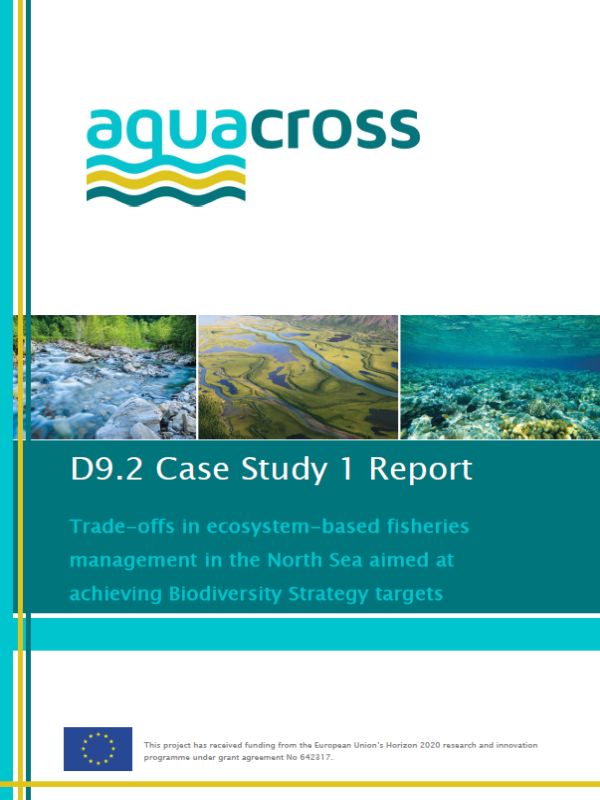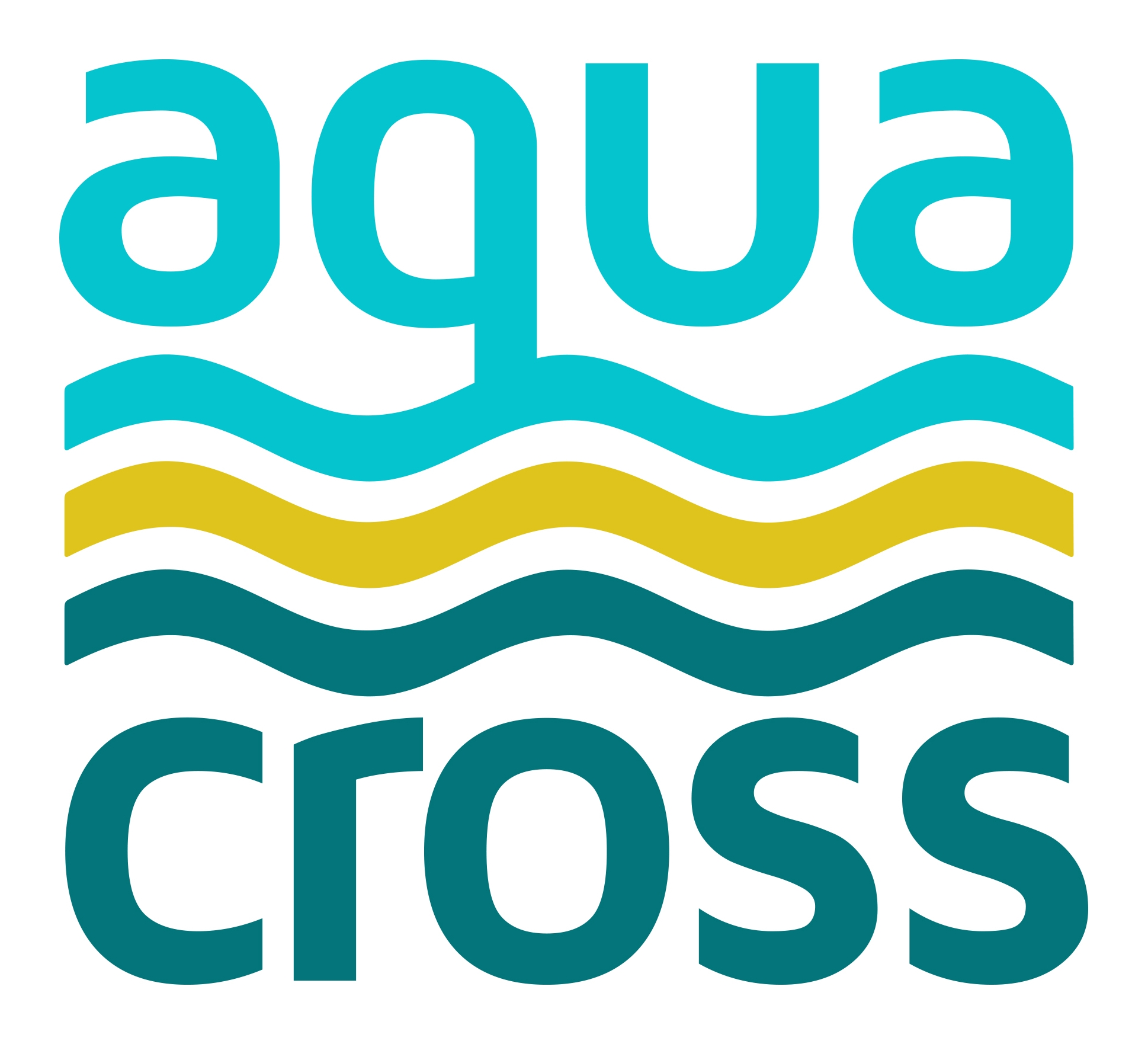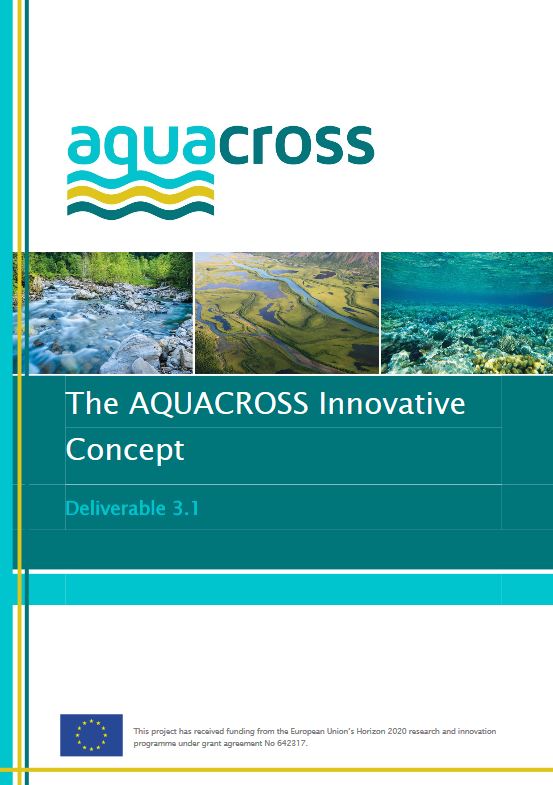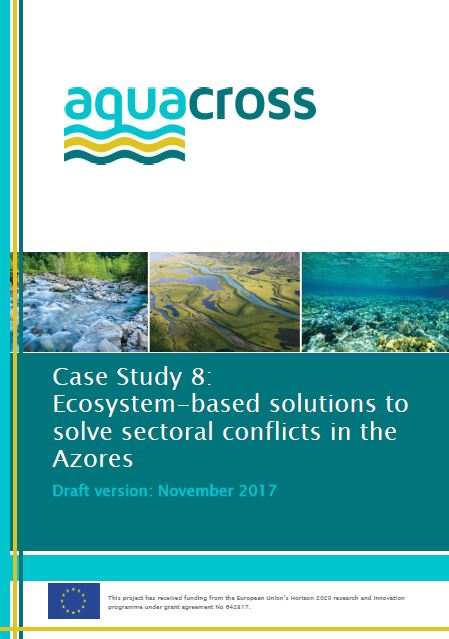Biodiversity Management for Rivers of the Swiss Plateau
AQUACROSS Case Study 7 Report
- Publication
- Citation
Kuemmerlen, Mathias et al. 2018: Case Study 7 Report: Biodiversity Management for Rivers of the Swiss Plateau. Eawag, Ecologic Institute, University of Liverpool: Dübendorf, Berlin, Liverpool.
Freshwater ecosystems in the Swiss plateau are threatened by multiple stressors that deteriorate water quality and hydromorphology. To restore these ecosystems and stop the biodiversity decline, multiple management measures will be implemented over the next decades. We propose methods for a spatial and temporal prioritisation to coordinate measures from different sectors and maximise their effectiveness while considering other societal needs.
In this study, we try to quantify the current state of knowledge on the dominant cause-effect relationships regarding the decrease in ecological status and biodiversity in rivers in the Swiss plateau. Furthermore, we use this knowledge to identify river management strategies that can be expected to have positive effects on the ecological state and biodiversity of rivers in the Swiss plateau, while also increasing the provision of some ecosystem services without significantly decreasing others. These objectives are addressed in close collaboration with stakeholders, primarily professionals from governmental agencies in the field of surface water protection, to profit from their knowledge and creativity and to support the design of alternatives that may have the potential of being implemented in Swiss river management plans.
The case study [pdf, 1.9 MB, English], as well as the summary [pdf, 376 KB, English], are available for download.
- Language
-
English
- Authorship
-
Helene HoffmannMathias Kuemmerlen (Eawag)Nele Schuwirth (Eawag)Peter Reichert (Eawag)Peter Vermeiren (Eawag)Fiona Culhane (University of Liverpool)
- Credits
With contributions from:
Rosi Siber, Ruth Scheidegger, Diana van Dijk (all Eawag), Manuel Lago (Ecologic), Florian Borgwardt, Daniel Trauner (BOKU), Heliana Texeira (University of Aveiro)
- Funding
-
European Commission, Directorate-General Research & Innovation (DG Research & Innovation), International - Year
- Dimension
- 40 pp.
- Project
- Project ID
- Table of contents
-
Click to show full table of contents
1 Introduction and background
1.1 Problem statement
1.1.1 Challenge
1.1.2 Objective
1.1.3 Research Aims
1.1.4 Characterisation
1.1.5 Policy
1.1.6 Stakeholders
1.1.7 Approaches
1.2 Solutions proposed
1.2.1 Opportunities
2 Establishing objectives
2.1 Identifying policy objectives
2.1.1 Management objectives and attributes measuring their fulfilment
2.1.2 Management alternatives (EBM measures) considered
2.2 Co-design
2.2.1 Ecological valuation at the river reach scale
2.2.2 Ecological valuation at the catchment scale
2.2.3 Optimisation
3 Description of the socio-ecological system
3.1 Demand-side
3.1.1 Linkage Framework
3.2 Supply-side
3.2.1 Case study-specific analysis: Biodiversity-Ecosystem-functioning (EF)-Ecosystem services (ESS) indicators, indices, and metrics
3.3 The ecological system: links between the "supply" and "demand" side
3.4 Assessing the knowledge base of the ecological system
4 The baseline and future scenarios
4.1 Identifying gaps between baseline and objectives
4.2 Scenario development
5 Ecosystem-based management plan evaluation
5.1 Detailed specification of relevant EBM solutions
5.2 Setting the evaluation criteria
5.2.1 Evaluating effectiveness
5.2.2 Evaluating efficiency
5.2.3 Evaluating equity and fairness
5.3 Results (comparing scenarios / measures)
5.4 Pre-conditions for successful take off and implementation of "qualified" EBM solutions
6 Summary and Conclusions
References
Annex - Keywords
-
freshwater, coastal, marine, ecosystems, resilience, EU 2020 Biodiversity Strategy, nature conservation aquatic biodiversity, ecosystem-based management, Europe, H2020, assessment framework, policy targets, sustainability, case studiesEuropa, Swiss plateau
Knowledge, Assessment, and Management for Aquatic Biodiversity and Ecosystem Services Across EU Policies (AQUACROSS)
- Duration
-
-
- Funding
-
European Commission, Directorate-General Research & Innovation (DG Research & Innovation), International
Gómez et al. (2016) The AQUACROSS Innovative Concept. Deliverable 3.1, European Union's Horizon 2020 Framework Programme for Research and Innovation grant agreement No. 642317.
Ecologic Institute (2015): Knowledge, Assessment, and Management for Aquatic Biodiversity and Ecosystem Services Across EU Policies (AQUACROSS). URL: http://aquacross.eu/
Gómez et al. (2016) Developing the AQUACROSS Assessment Framework. Deliverable 3.2, AQUACROSS, European Union's Horizon 2020 Framework Programme for Research and Innovation Grant Agreement No. 642317.
Conference:Ecosystem-Based Management for the Protection of Aquatic Biodiversity – AQUACROSS Final Conference
- Date
-
-
- Location
- Brussels, Belgium
McDonald, Hugh; Benjamin Boteler; Holger Gerdes, Helene Hoffman, Keighley McFarland and Lina Röschel. 2018. D9.2 : Case Study 8 Report: Ecosystem-based solutions to solve sectoral conflicts on the path to sustainable development in the Azores. Ecologic Institute: Berlin. Available: https://aquacross.eu/content/case-study-8-ecosystem-based-solutions-solve-sectoral-conflicts-path-sustainable-development

